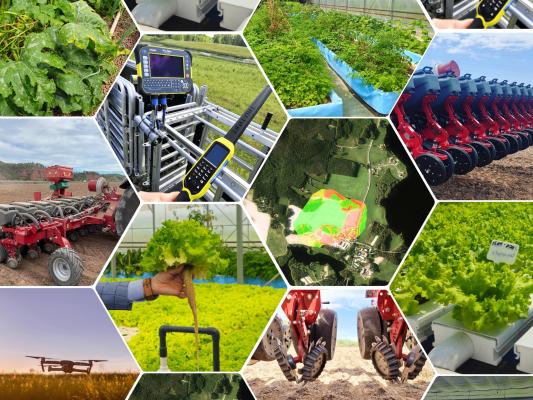Project summary
The agrifood system in the EU faces ongoing challenges related to sustainability and competitiveness. To ensure its viability and competitiveness, it is essential to enhance its resilience and ability to respond to disturbances. Policymakers must recognize this need and adjust their strategies for policy implementation accordingly. The resilience of the agrifood industry depends on the digitalization and adoption of emerging technologies, such as those introduced by the 4th industrial revolution.
Adopting smart agritech to support data-based decision-making and knowledge management in the agrifood system is key to improving the ability to respond to disturbances, increasing operational competitiveness, and adopting new sustainable business models. Despite their proven potential to boost agricultural productivity by reducing costs and enabling growth with fewer resources (McKinsey 2023), the development and implementation of these technologies have been slower than anticipated. This delay is primarily due to lower innovation capacity and limited cross-sectoral connections, particularly between the ICT and agrifood sectors, in rural regions.
The AgriExcel project is playing a pivotal role in accelerating the evolution of agritech within the EU agrifood system. By applying mission-oriented innovation policies and mechanisms, AgriExcel supports the digitization of the agrifood sector. This mission-oriented innovation approach enhances the ability of regional policy authorities to tackle complex, interregional challenges, such as climate change, by steering the digital transformation of the agrifood system.
Policy actions and learning targets include:
- Applying a mission-oriented innovation approach to guide digitization.
- Implementing digital solutions within the agrifood system.
